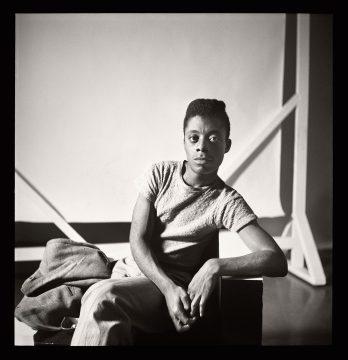 James Baldwin in The New Yorker:
James Baldwin in The New Yorker:
I underwent, during the summer that I became fourteen, a prolonged religious crisis. I use “religious” in the common, and arbitrary, sense, meaning that I then discovered God, His saints and angels, and His blazing Hell. And since I had been born in a Christian nation, I accepted this Deity as the only one. I supposed Him to exist only within the walls of a church—in fact, of our church—and I also supposed that God and safety were synonymous. The word “safety” brings us to the real meaning of the word “religious” as we use it. Therefore, to state it in another, more accurate way, I became, during my fourteenth year, for the first time in my life, afraid—afraid of the evil within me and afraid of the evil without. What I saw around me that summer in Harlem was what I had always seen; nothing had changed. But now, without any warning, the whores and pimps and racketeers on the Avenue had become a personal menace. It had not before occurred to me that I could become one of them, but now I realized that we had been produced by the same circumstances. Many of my comrades were clearly headed for the Avenue, and my father said that I was headed that way, too. My friends began to drink and smoke, and embarked—at first avid, then groaning—on their sexual careers. Girls, only slightly older than I was, who sang in the choir or taught Sunday school, the children of holy parents, underwent, before my eyes, their incredible metamorphosis, of which the most bewildering aspect was not their budding breasts or their rounding behinds but something deeper and more subtle, in their eyes, their heat, their odor, and the inflection of their voices. Like the strangers on the Avenue, they became, in the twinkling of an eye, unutterably different and fantastically present. Owing to the way I had been raised, the abrupt discomfort that all this aroused in me and the fact that I had no idea what my voice or my mind or my body was likely to do next caused me to consider myself one of the most depraved people on earth. Matters were not helped by the fact that these holy girls seemed rather to enjoy my terrified lapses, our grim, guilty, tormented experiments, which were at once as chill and joyless as the Russian steppes and hotter, by far, than all the fires of Hell.
More here.

 In thinking about knowledge and consciousness, it is just about irresistible to distinguish between the basic facts of what we observe and interpretations or beliefs about those facts. You and I see the same glass of water – maybe our perceptions of the glass are nearly identical – and yet you see it has half full while I see it as half empty. We look at the same economic reports, and you find reason to celebrate while I find cause to worry. We see an artificial satellite in orbit, and you see it an incursion of government and industry into space while I see it as a glory of science and engineering. And so on – it seems obvious that there is a divide between what everyone can plainly see and what’s a matter of interpretation.
In thinking about knowledge and consciousness, it is just about irresistible to distinguish between the basic facts of what we observe and interpretations or beliefs about those facts. You and I see the same glass of water – maybe our perceptions of the glass are nearly identical – and yet you see it has half full while I see it as half empty. We look at the same economic reports, and you find reason to celebrate while I find cause to worry. We see an artificial satellite in orbit, and you see it an incursion of government and industry into space while I see it as a glory of science and engineering. And so on – it seems obvious that there is a divide between what everyone can plainly see and what’s a matter of interpretation.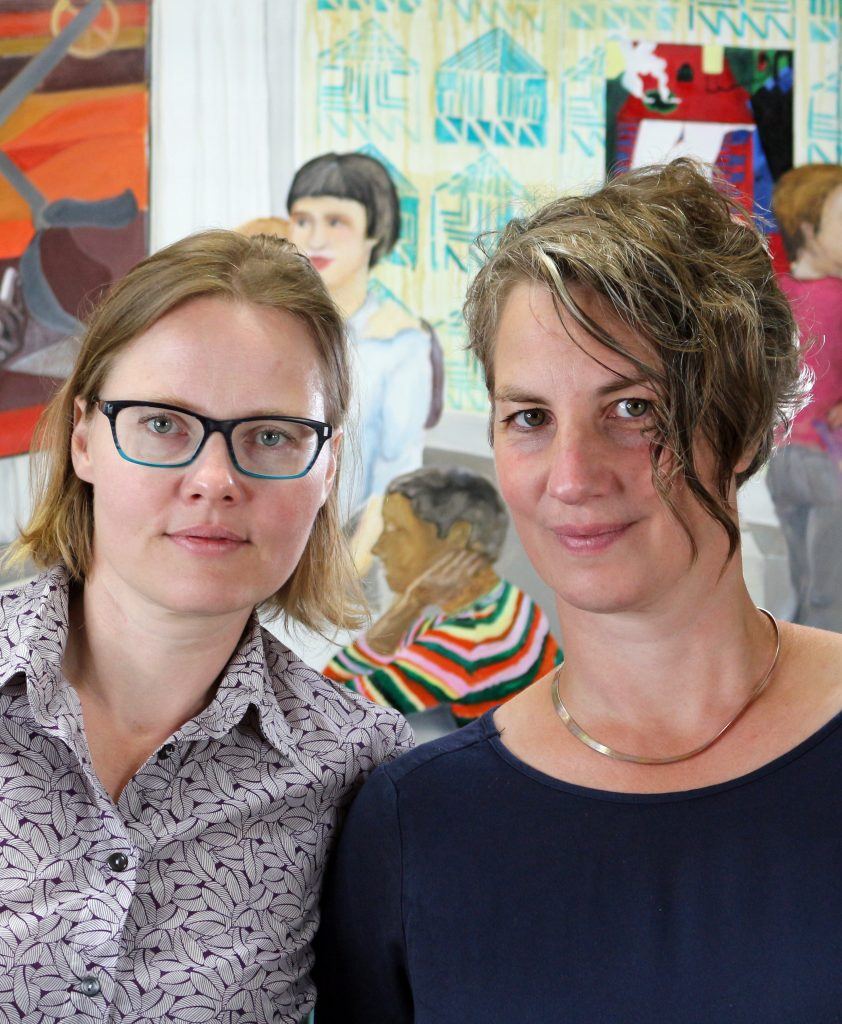

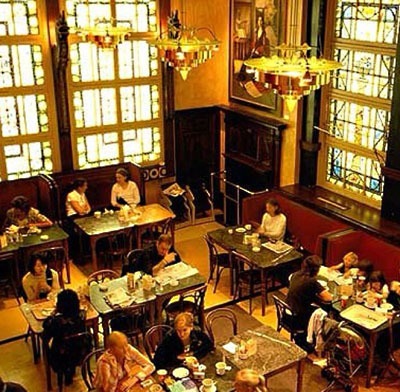

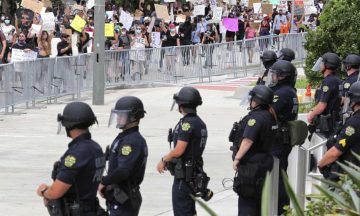 The call to “defund the police” has
The call to “defund the police” has 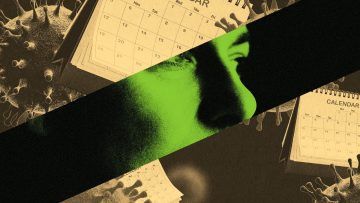 For vonny leclerc
For vonny leclerc The largest number of COVID-19 supercomputing projects involves designing drugs. It’s likely to take several effective drugs to treat the disease. Supercomputers allow researchers to take a rational approach and aim to selectively
The largest number of COVID-19 supercomputing projects involves designing drugs. It’s likely to take several effective drugs to treat the disease. Supercomputers allow researchers to take a rational approach and aim to selectively 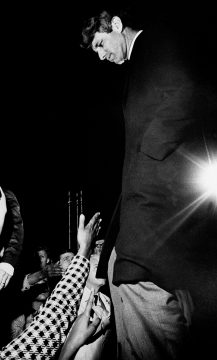 Today marks the anniversary of the death of Robert F. Kennedy, assassinated in 1968 after winning the primary in California, on the way to obtaining the nomination of the Democratic party and, perhaps, the presidency.
Today marks the anniversary of the death of Robert F. Kennedy, assassinated in 1968 after winning the primary in California, on the way to obtaining the nomination of the Democratic party and, perhaps, the presidency.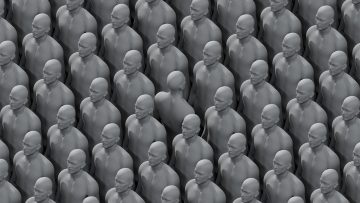 I
I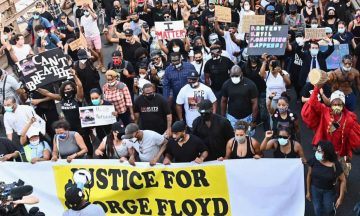 How does it feel to be black in America right now? First, I wonder, do I capitalize the “B”? Is that grammatically correct? More to the point, as an element of style, a choice, does it prove something to you or to me if I don’t? I confess I don’t know any more. These are the petty games that play on my mind as a black American. I cannot speak for all black people, of course. We are not a monolith; you seem to understand this by now. I can only speak for myself – as a black writer. That experience, at least, I know. Instead of worrying about the white man who might murder me in my own home, or on my morning run, what preys on me in the night is how I constructed the sentence as I replay the day, if it was adequately punctuated in its disavowal of racist oppression.
How does it feel to be black in America right now? First, I wonder, do I capitalize the “B”? Is that grammatically correct? More to the point, as an element of style, a choice, does it prove something to you or to me if I don’t? I confess I don’t know any more. These are the petty games that play on my mind as a black American. I cannot speak for all black people, of course. We are not a monolith; you seem to understand this by now. I can only speak for myself – as a black writer. That experience, at least, I know. Instead of worrying about the white man who might murder me in my own home, or on my morning run, what preys on me in the night is how I constructed the sentence as I replay the day, if it was adequately punctuated in its disavowal of racist oppression.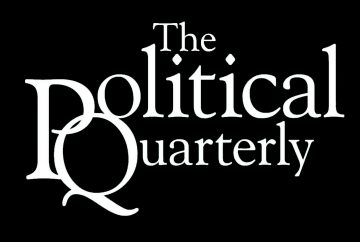 Mona Ali in The Political Quarterly:
Mona Ali in The Political Quarterly: James Baldwin in The New Yorker:
James Baldwin in The New Yorker: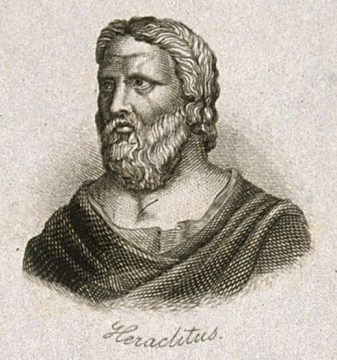 Andrew Hui in Aeon:
Andrew Hui in Aeon: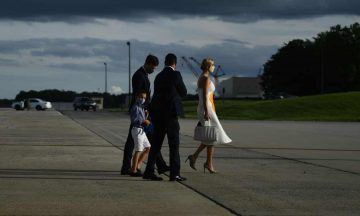 Quinn Slobodian in The Guardian:
Quinn Slobodian in The Guardian: